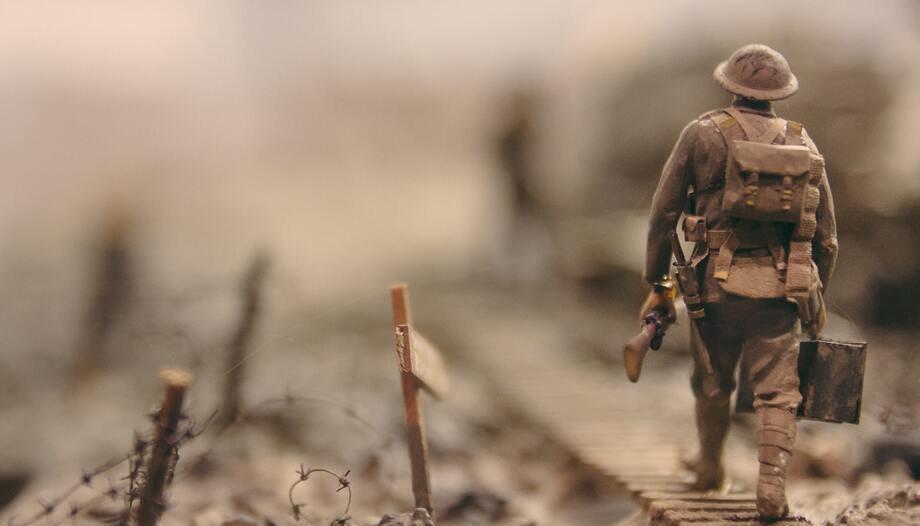Translation of the article into English
The meeting, chaired by Dominique Mamberti, Prefect of the Supreme Tribunal of the Apostolic Signatura, was attended by Massimo de Leonardis, Professor of History of International Relations (Catholic University of the Sacred Heart of Milan); Johan Ickx, Director of the Historical Archives of the Vatican Secretariat of State (Section for Relations with States); and Andrea Tornielli, Editorial Director of Vatican Media. The magisterium of the Popes in armed conflicts is not a minor issue born out of the war in Ukraine.
New book by the Pope
The reflections of Pope Francis contained in his recent publication Against war. The courage to build peace. (published by Solferino), show the need for fraternity and denounce the absurdity of war. These pages are impregnated with the suffering of the victims in Ukraine, the faces of those who suffered the conflict in Iraq, the historical events of Hiroshima and the legacy of the two world wars of the 20th century.
Francis identifies in the greed for power, in international relations dominated by military force, in the ostentation of military arsenals, the deep motivations of the wars that even today stain the planet with blood. Confrontations that sow death, destruction and resentment and that bring new deaths and new destruction, in a spiral that only the conversion of hearts can put an end to.
The Papal Magisterium on War
Dialogue as a political art, the artisanal construction of peace that starts from the heart and extends to the world, the prohibition of atomic weapons and disarmament as a strategic choice are the concrete indications that Francis entrusts to us so that peace may truly become the shared horizon on which to build our future. For nothing truly human can be born of war.
The pontiff follows in the wake of the magisterium of his predecessors: the plea with which in 1962 St. John XXIII asked the powerful of his time to stop an escalation of war that could have dragged the world into the abyss of nuclear conflict; the force with which St. Paul VI, speaking in 1965 at the General Assembly of the United Nations, said: "Never again war! Never again war!"; the numerous appeals for peace of St. John Paul II, who in 1991 called war "an adventure of no return."
"From the beginning of my service as Bishop of Rome," reads the introduction to the volume, "I have spoken of the Third World War, saying that we are already living it, although still in pieces. Those pieces have become larger and larger, welding together. At this moment there are many wars in the world, causing immense pain, innocent victims, especially children. Wars that provoke the flight of millions of people, forced to abandon their land, their homes, their destroyed cities to save their lives. These are the many forgotten wars that reappear before our inattentive eyes from time to time".
The madness of war
Far from being the solution to conflicts, for Francis war "is madness, war is a monster, war is a cancer that feeds on itself, engulfing everything". Moreover, war is a sacrilege, which "wreaks havoc on the most precious thing on our earth, human life, the innocence of the little ones, the beauty of creation".
The solution is rather the one proposed by the encyclical Fratelli tutti: to use the money spent on arms and other military expenditures to create a World Fund aimed at eliminating hunger once and for all and promoting the development of the poorest countries, in order to avoid violent or deceitful shortcuts. A proposal that the Holy Father feels the need to renew "even today, especially today". Because "wars must be stopped, and they will only stop if we stop feeding them".
Pius XII and the Jews
Another book -Pius XII and the Jews (Rizzoli 2021)-will likely offer the opportunity to shed light on the work of Pius XII, with reference to the interventions desired by the Pontiff, coordinated by the Secretary of State, Cardinal Luigi Maglione, and carried out by high prelates such as Domenico Tardini and Giovanni Battista Montini (the future Paul VI). "The unpublished documents of Pius XII," Ickx writes, "counter the false narrative previously accepted by many."
The Pope, in fact, "organized a network of escape routes for people in danger and supervised a network of priests operating throughout Europe with a single goal: to save lives wherever possible." This is the so-called Pius XII list, the "Jewish series" of the historical archives of the Secretariat of State. A particular series, right from its name (the others are named after specific countries), which contains some 2,800 requests for intervention or aid and testifies to the extent to which the fate of these poor people was close to the Pope's heart. The series shows the fate of more than 4,000 Jews, some of them baptized as Catholics but of Jewish origin (but after a certain point not even baptism prevented the deportations).
The requests covered the period from 1938 to 1944 and intensified during the crucial years of the war. It was not always possible to save everyone, but the "Jewish series" "proves beyond reasonable doubt," says Icks, "that Pius XII and his staff did everything possible to offer assistance also to those who professed the Jewish faith."









